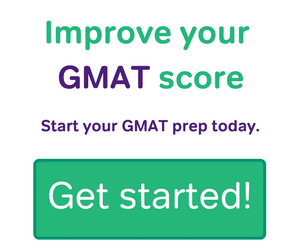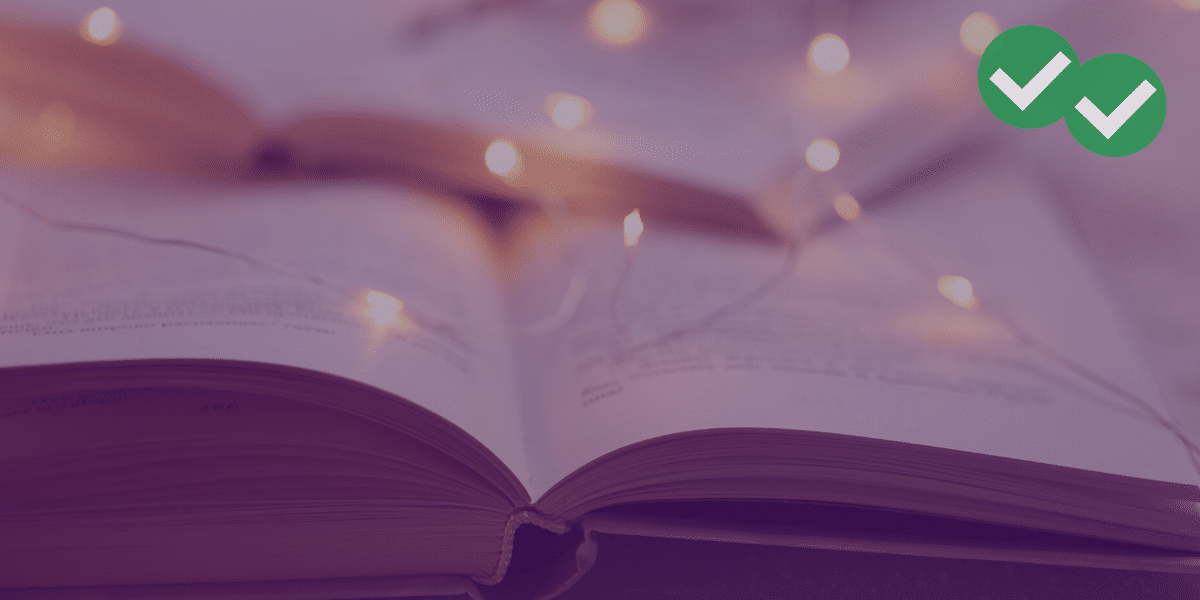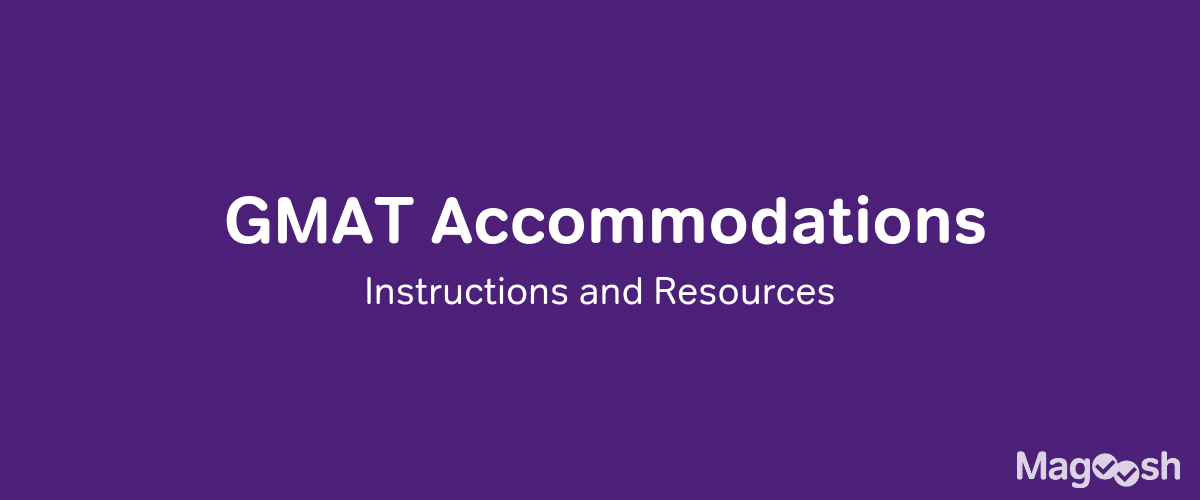UPDATE: You can find this blog and others about idioms in our new GMAT Idiom eBook!
Sophisticated writing often involves statements of what different people think, say, argue, or believe. Not surprisingly, sentences about this litter the GMAT Verbal section. In fact, such sentences are also quite common in everyday life. Just as frequent paths over a lawn kill the grass, so frequent use of any grammatical structure in ordinary speech leads to a host of colloquial simplifications. These colloquialism are tricky, because they will “sound” correct to many native speakers, but they will be absolutely wrong according to the high formal standards of the GMAT Sentence Correction.
Basics of “that” clauses
First of all, a “that” clause must have a full [noun]+[verb] structure, a structure that could stand on its own as a sentence. Sometimes “that” is pronoun (as in the previous sentence) and serves as the subject of the clause, but as the object of “thinking” or “arguing” verbs, the word “that” introduces a substantive clause, which has its own subject after the word that. Again, in substantive clause, what follows the “that” could be a stand-on-it-own sentence in its own right:
1a) He believes that the Mets will have a winning record in 2013.
1b) The Mets will have a winning record in 2013.
Regardless of whether you agree with the content, what follows the word “that” functions as a full grammatically correct sentence on its own.
The two big colloquialisms
A. omitting the word “that”
In colloquial speech, the word “that” is dropped all the time. “I think it’s going to rain.” “I doubt he’s coming.” “She claims he is not the best for the job.” Of course, those topics are also informal, but even at the level of grammar, these sentences would be incorrect on the GMAT Sentence Correction, because they omit the word “that” between the verb and the clause.
B. use of the infinitive instead of the “that” clause
This is less common, but heard sometimes. “I conclude him to be honest.” “I think Moby Dick to be the greatest American novel.” This is used enough in speech (especially by folks trying to sound fancy) to sound plausible. Don’t be fooled. This is also 100% wrong as a substitute for “that” clause following one of these verbs.
The verbs
Each of the following verbs idiomatically takes a “that” clause, a substantive clause, as its direct object. For all of these, dropping the “that” would be considered incorrect on the GMAT. For all of these except “believe” and “claim,” the infinitive is also incorrect.
argue that
believe that
claim that
conclude that
contend that
doubt that
hold that
predict that
suggest that
think that
Some examples:
2) The lawyer claimed that his client was out of the country for that entire week.
3) The Theory of Relativity predicted that nothing with mass could travel as fast as the speed of light.
4) The historian argued that Afghanistan was more a quagmire for the Soviet Union than Vietnam was for the United States.
The verb “believe” can also take an object with the idiomatic preposition “in”
5) Pure Land Buddhists believe in salvation through repetition of the name of the Amida Buddha.
Unlike the others on the list, the verb “believe” can legally and legitimately take the infinitive.
6) Conspiracy theories believe Pope John Paul I to have been murdered, possibly in connection with the affairs of Banco Ambrosiano.
The word “predict” also can take an ordinary noun as a direct object.
7) SU5 Grand Unified Theory predicted proton decay.
8) The analyst predicted a stock market crash by the end of the year.
Two more verbs
These two verbs require special mention:
assure that
reveal that
Both of these take that clauses, like the ones above, and for both of these, both colloquialism would be incorrect on the GMAT. But, both of these can also include a person, a recipient of the news, as an object.
The word “assure” takes an ordinary direct object as the recipient, along with the “that” clause.
9) The CFO assured the Board of Trustees that the company would remain solvent through the end of the calendar year.
The verb “reveal” can have only what is revealed as an object, or it can also include a recipient, following the preposition “to”, the person or group to whom something is reveals. This is complicated by the fact that what is reveals could be a full that clause or a simple noun as a direct object, and either of these can be accompanied by a “to” preposition phrase for the recipient. Here are examples of the variations.
10) Leeuwenhoek‘s improvements to the microscope revealed the existence of individual biological cells.
11) Senator McCarthy refused to reveal to Congress the actual names of the “known communists” whom he alleged were working in the State Department.
12) In 2003, journalist Robert Novak publically revealed in his column that Valerie Plame was a covert CIA operative, thereby ruining her career as a spy.
13) The final witness revealed to the jury that all of the previous witnesses were heavily intoxicated at the time of the crime.
Asking
The final verb, “to ask”, requires special treatment. Ironically, unlike the others, here the ordinary infinitive construction is legal. The phrase to ask to do X implies that the subject of the sentence is requesting permission to do X, while the phrase to ask P to do X implies that the subject has some privilege or authority over P, and the subject wants P to do X.
14) The student asked to leave school early.
15) The teacher asked the student to write the answer on the board.
We can also use a “that” clause with the verb “to ask”, but here, the “that” clause, the object of the request, is phrased in the subjunctive.
16) The teacher asked that the shelves on the side of the room be kept clear.
17) Sir Ector asked that King Arthur choose his half-brother Kay, Ector’s son, as his seneschal.
18) The Yongle Emperor, in launching an international tribute mission across land and water, essentially was asking that the whole world acknowledge China as the supreme nation.
Summary
Know the idioms given in bold in this post. As always with idioms, read, read, read! Search for the idioms in this post in context. You understand English best when you understand it in context. Check out some GMAT Sentence Correction sample questions here.






Leave a Reply